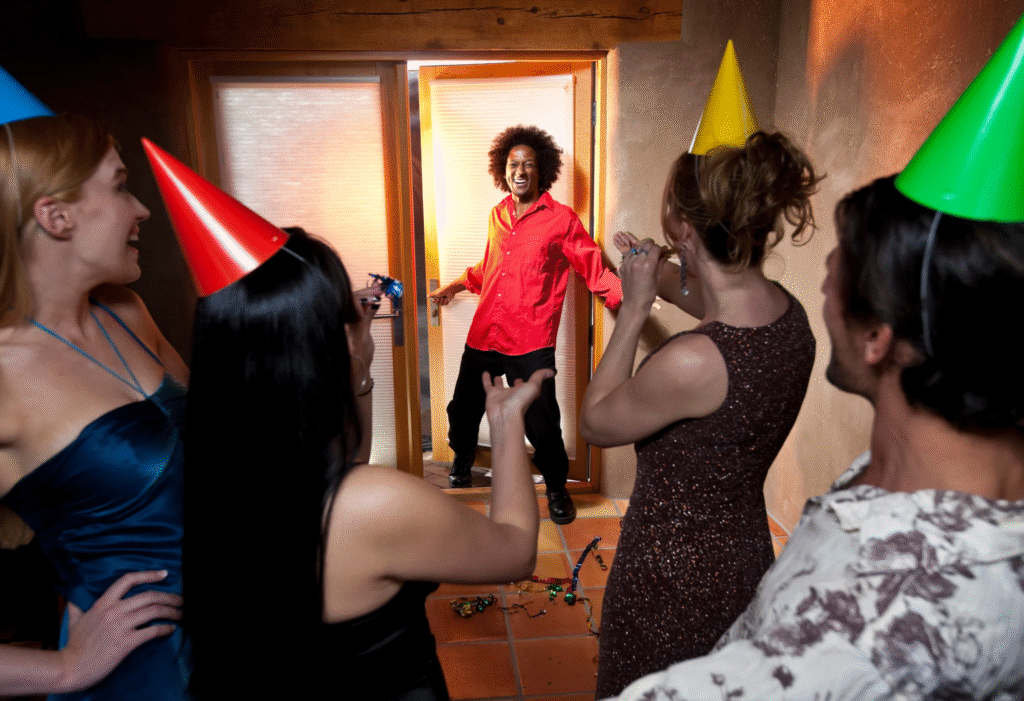UtopiaCircle Edition: simple, poetic, scientific
When doctors or scientists talk about vaccines, they throw around heavy phrases like “physiologic mechanisms” or “antigen-antibody response.”
But here at Utopiacircle, we believe knowledge shouldn’t intimidate—it should empower. So instead of drowning you in jargon, let’s explain vaccines in the way your grandma, your mechanic, or even your football buddies could get it.
The Body as a City with a Security Team
Imagine your body as a big city. Your immune system is the city’s security team—always on the lookout for thieves (a.k.a. viruses, bacteria, or any invading germs).
A new virus entering your body = a thief sneaking into town.
Your immune cells = police officers trying to catch the thief.

But here’s the twist: the first time a thief sneaks in, the cops are slow and confused. They don’t yet know how the thief looks, how he moves, or how to stop him.
That’s why some diseases can hit so hard the first time—they catch your security team unprepared.
How It Works in Plain English
The vaccine introduces a tiny harmless piece of the germ (or a copy of its “ID card” called an antigen).
Your body makes antibodies, which are like “Wanted Posters” circulating in your bloodstream.
Your immune system saves a memory file of the enemy.
Next time the real one comes, your body responds instantly — fast, sharp, and deadly accurate.
Think of it like installing antivirus software on your computer. You don’t wait for the malware to destroy your files first — you prepare.
Real Life Example
Think of it like this:
If someone warns you that a goat always escapes your neighbor’s fence and eats people’s yams, you’ll prepare. The next time you see that goat sneaking near your farm, you already have your stick ready.
Without that warning (the “vaccine”), you’d be confused the first time:
“What is this goat? Why is it chewing my yam?”
Or Imagine you’re about to go to a party where an ex might show up. Your best friend sends you screenshots of the ex’s new hairstyle, so you won’t be caught off guard. That’s a vaccine.

Without it, you’d be like:
“Wait… is that really my ex?” Boom! Emotional damage (a.k.a. the disease).
Why Some People Still Get Sick After Vaccination
Here’s the truth: vaccines don’t always mean you’ll never fall sick. But they make sure if the thief does get in, the cops already know his tricks.
So instead of a full-scale robbery, it becomes a petty pickpocketing attempt—easier to handle, less dangerous.
Straight Talk from Utopiacircle 🗣️
Vaccines don’t make you sick; they make you smarter. They’re practice rounds, memory builders, and cheat codes — all rolled into one.
Instead of waiting for the disease to humble you, vaccines let your body flex ahead of time.
So next time you hear “immunization,” don’t just think needles. Think of it as:
📚 Your body taking an extra science class before the exam.
The Circle’s Point
Knowledge is power. But wisdom is knowing how to use it.
Here at UtopiaCircle, we don’t just fill your head with science — we simplify it so you can use it in real life.
Now you know: antibiotics fight, vaccines train. Two different tools, one healthier you.


